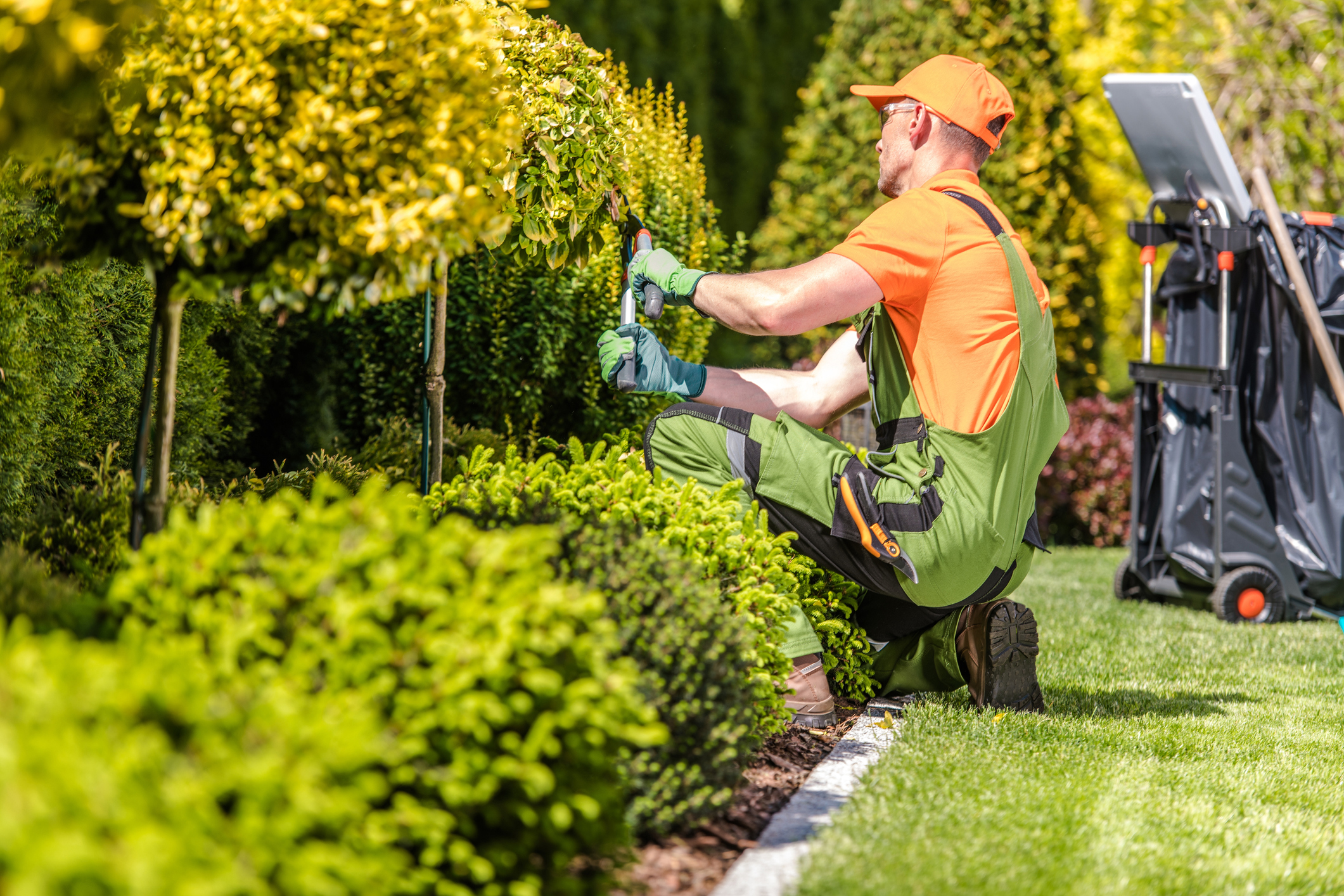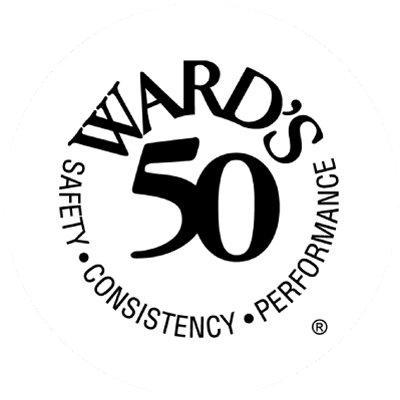
Many people work in the landscaping industry in the United States, but it can be a difficult and dangerous job. More than 912,000 people in the U.S. are employed as landscapers or groundskeepers, with another approximately 100,000 employed as first-line supervisors.
You can run a successful landscaping business while still maintaining safety by following some common-sense rules.
Personal Protective Equipment (PPE):
Landscapers work with a number of potential hazards, and the use of both personal protective equipment and high-visibility, well-fitting clothing can help reduce injuries. Some examples of PPE for landscape professionals include:
- Safety goggles or glasses
- Face shields
- Hard hat
- Safety shoes, including boots with slip-resistant soles
- Gloves of various types to deal with different materials
- Earplugs or ear muffs
- Masks or respirators
- Safety Apparel – In order to be seen clearly, high-visibility safety apparel should be worn, especially when working near traffic. High visibility clothing includes bright neon colors (think fluorescent orange, yellow, or green) and those with reflective materials on vests or bibs.
Heat stress and tips to prevent heat illness in your employees:
Heat stress is a real problem that must be faced by workers who are often in high temperatures and direct sunlight at the hottest times of the day. Here are a few steps to keep everyone safe during these potentially dangerous times:
- Ensure workers are drinking enough water to stay hydrated. If in the heat 2 hours or less, workers should drink 1 cup of water every 15 to 20 minutes. During prolonged sweating that lasts several hours, sports drinks provide additional electrolytes and hydration.
- When workers feel heat discomfort, let them take breaks. Provide cool rest areas as well as shade and water for workers.
- Educate workers and supervisors to recognize heat illness and how to prevent it.
- Shorten work periods and increase rest periods when temperature, humidity, and sunshine increase. Do this also when there is no air movement, if PPE (personal protective equipment) is worn, and for heavier work.
- Heatstroke is an emergency that can rapidly lead to death. Cool the worker down quickly and call 911.
- Adjust work schedules to provide workers with a rest from the heat.
- Allow workers time to acclimate to the hot environment.
Other troubles from the great outdoors:
Landscape workers have other potential dangers to deal with in the outdoors. Make sure you and your staff are aware of and take precautions against the following:
- Touching a poisonous plant can result in an itchy rash. Burning a poisonous plant can result in breathing difficulties which is an emergency.
- Because of their small size, ticks can be hard to detect. Be sure to find them, though, because they may carry diseases. You will need tweezers to remove them.
- Never swat at a stinging insect, and closely monitor food and drinks to ensure an insect does not crawl inside. For those with known allergies, they should carry an EpiPen.
- Infected mosquitoes can spread diseases such as West Nile virus. Rid the worksite of standing water to reduce places where mosquitoes lay eggs.
Slips and Falls:
A common injury among landscapers is trips and falls. According to the Landscape Professionals Association, there are steps each worker can take to prevent such accidents:
- Consider the conditions you’re working in. Grass clippings, wet or icy spots, bad lighting, chemical spills, and electrical cords or hoses on paths are all things that can lead to slip and trip injuries.
- Preventing injuries can be as simple as paying close attention to conditions and putting equipment back where it belongs.
Pesticide/Herbicides:
The use of pesticides, herbicides and other chemicals are a necessary part of landscaping, but it is essential to ensure the safety of workers and those in the immediate vicinity. When using chemical treatments:
- Comply with all local, state, and federal laws and regulations.
- Make sure staff is properly trained (and licensed, if required) in the manufacturers’ instructions for proper application, storage and disposal.
- Always use required proper personal protective equipment (PPE). Provide PPE to employees and inspect it carefully before each use to make sure it is in good condition.
- Wash your hands and any exposed skin after using.
- Notify staff, customers and the general public as required by law where pesticides have been applied and post signs as appropriate.
A few minutes of review and a few simple safety steps can help save you and your employees from serious harm, now and in the future.



